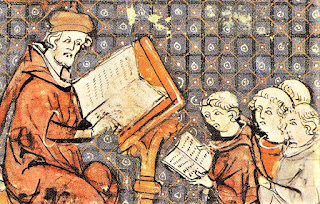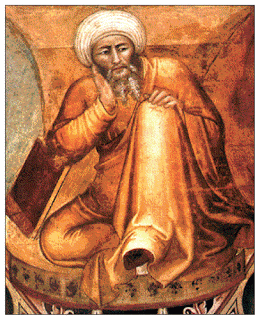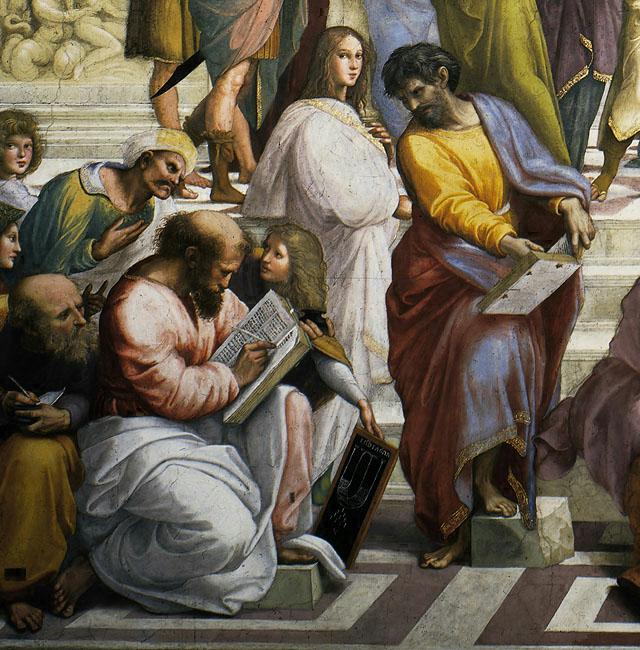It was his father, Abu Yaqub Yusuf (reigned 1163 - 1184) who originally spread the caliphate to Iberia in 1170. Not content to hold Seville and surrounding territory, he marched an army to Portugal. He was countered by Afonso I of Portugal and Ferdinand II of León. Wounded by a crossbow, he died on 29 July.
His son vowed revenge, taking several castles and handing out defeats to Christians before returning to Africa. When Alfonso VIII of Castile mounted a reconquista, al-Mansur returned and defeated the Christians again, this time taking hundreds as slaves and selling them in Africa.
Besides being a successful military commander, he was also a patron of the arts and architecture. He added a massive gate to the Kasbah, a major citadel in Morocco (seen above), and finished a mosque in Marrakesh. He also began what would have been the largest mosque in the world, but construction was discontinued after 1199, leaving only a massive minaret. One of his other accomplishments was the first hospital in Morocco.
The philosopher Averroes was a favorite of al-Mansur's and had a place at his court, even though some of his ideas got him in trouble for being too radical and anti-Muslim. al-Mansur was well-read and well-versed in Islam, and even wrote a book on the prophet Muhammad. His father had appointed a chief judge who made sure the law adhered to strict interpretation of the Koran. al-Mansur took this a step further and had that judge destroy any books of law that did not conform.
The mosque whose construction he finished was the Kutubiyya Mosque. Kutubiyya and several other mosques were redone by the Almohads. Not because they were not beautiful enough, or large enough, but because they were built "wrong." I'll explain the qibla tomorrow.










